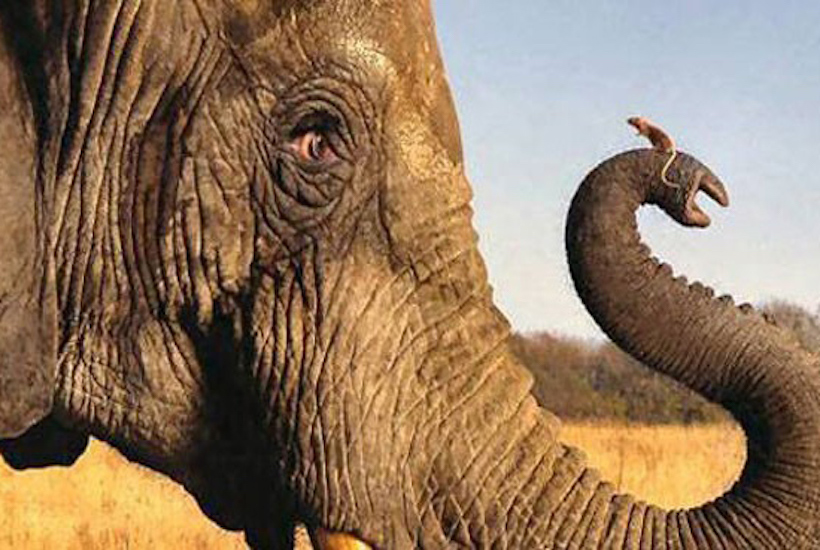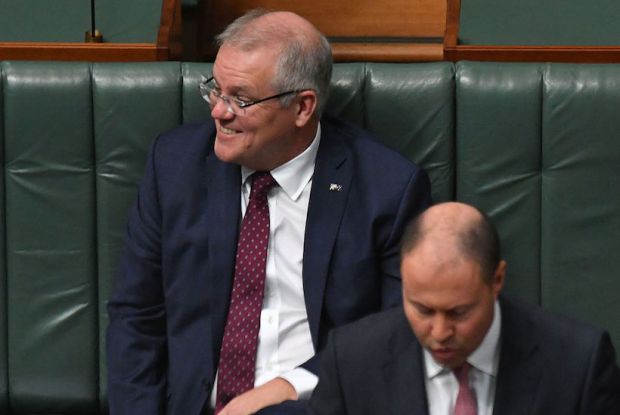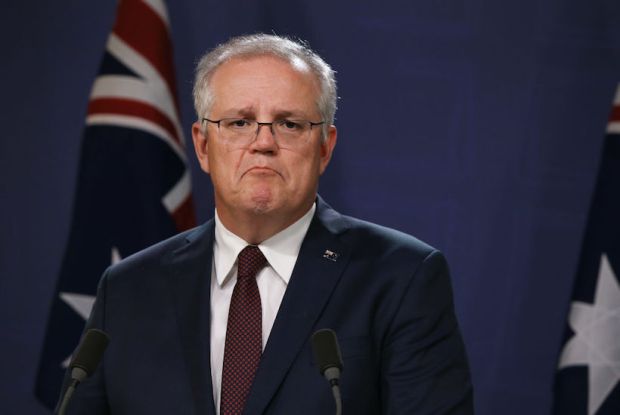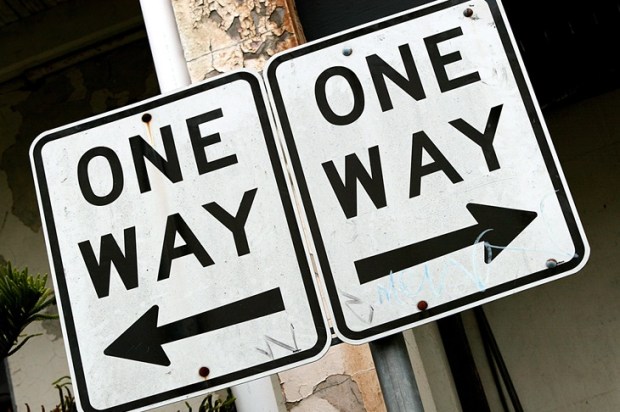Australia’s electoral system has been designed by politicians for politicians, gently tweaked — usually with the support of both the major parties of the day — to improve their position.
And so it is in 2021 with the Liberal Party going after their rivals and hoping Labor will join in yet again.
You may have missed it among the corona craziness — virtually all of the MSM did — but on Thursday the Assistant Minister for Electoral Matters, Ben Morton, introduced four bills to amend the Commonwealth Electoral Act ahead of the next election.
Antony Green has an excellent summary of the bills and what they mean on his website, but the one of most concern to SpecOz types will be the Electoral Legislation Amendment (Party Registration Integrity) Bill 2021.
The “party registration integrity” is more than a giveaway, but let’s just run off Green’s summary for now:
This bill increases the number of members required to register a political party from 500 to 1,500…
Currently the Electoral Act includes two ways to register a party. Parties can be registered by a Senator or member of the House without the need for the party to have members. Otherwise, registration applications must supply a list of members. The AEC contacts a sample of the supplied members to verify the party has the required number of members. That number will increase from 500 to 1,500 under the proposed change…
Non-parliamentary parties will have three months after the bill passes to get the extra 1,000 members required to meet the new registration rules.
That skidmark on the Senate seats Fraser Anning, for example, was able to register his Conservative National Party (with all the legislative perks formal party registration brings) although most of its members existed in his head because he was a parliamentarian — but back to Antony Green and perhaps the most threatening aspect of the bill:
The other change in this bill concerns tightening rules on allowed party names. The new rules make it much clearer that parties cannot be registered if they have a name that is similar to that of another party. Words like “Alliance”, “Democratic”, “Australia” and “Party” are excluded in deciding whether names are similar…
Clearly, this amendment is designed to stop incidents such as occurred at March’s Western Australian election when the Flux Party re-named itself “Liberals for Climate”. The Liberal Party have complained in the past about the registration of “liberals for Forests”, the “Liberal Democrats”, and most recently the “New Liberals”.
The bill includes a provision that once the new rules are in place, precedence in the use of a name is given to the first party registered. So the Liberal Party would be able to apply to have the Liberal Democrats and New Liberals de-registered unless they changed their name.
So there you have it. The Liberal elephant is afraid of mice — and plans to (ab)use the law to trample all over the Liberal Democrats.
Will they succeed? They have to get any legislation through the Senate.
Antony Green observes that the Greens opposed a previous attempt to lift membership from 500 to 1,500 (a good indication of the state of their general support, despite their constant claims to be the party of tomorrow).
And he doesn’t pull his punches on the naming issue:
The new rules around names look like a blunt instrument that allows the Liberal Party to stamp out imitators. The question is whether Labor, who have objected to “Democratic Labor Party” and “Labour DLP” in the past, as well as the Greens, may find the amendment useful to protect their party name from imitators.
The DLP, of course, is not the DLP of old. It is a modern creation, not a continuation of the party formed by those principled souls who left the ALP at the time of the 1950’s Split, and like most microparties given to volatility.
Labor might decide the DLP is just an itch they can bear and with the Liberal Democrats lining up to attack Scott Morrison’s Liberal Party from the libertarian right and the New Liberals grouping on the left let the legislation sink, leaving them free to fight their main enemy in the elections while the Liberals deal with a push from the newly assertive LDP and other groups infuriated at how the machine men have abused Menzies’ child.
Got something to add? Join the discussion and comment below.
Get 10 issues for just $10
Subscribe to The Spectator Australia today for the next 10 magazine issues, plus full online access, for just $10.


























Comments
Don't miss out
Join the conversation with other Spectator Australia readers. Subscribe to leave a comment.
SUBSCRIBEAlready a subscriber? Log in